7 Recommended Gardening & Horticulture Reads
by Hafsah Hafeji in Culture & Lifestyle on 18th March, 2021
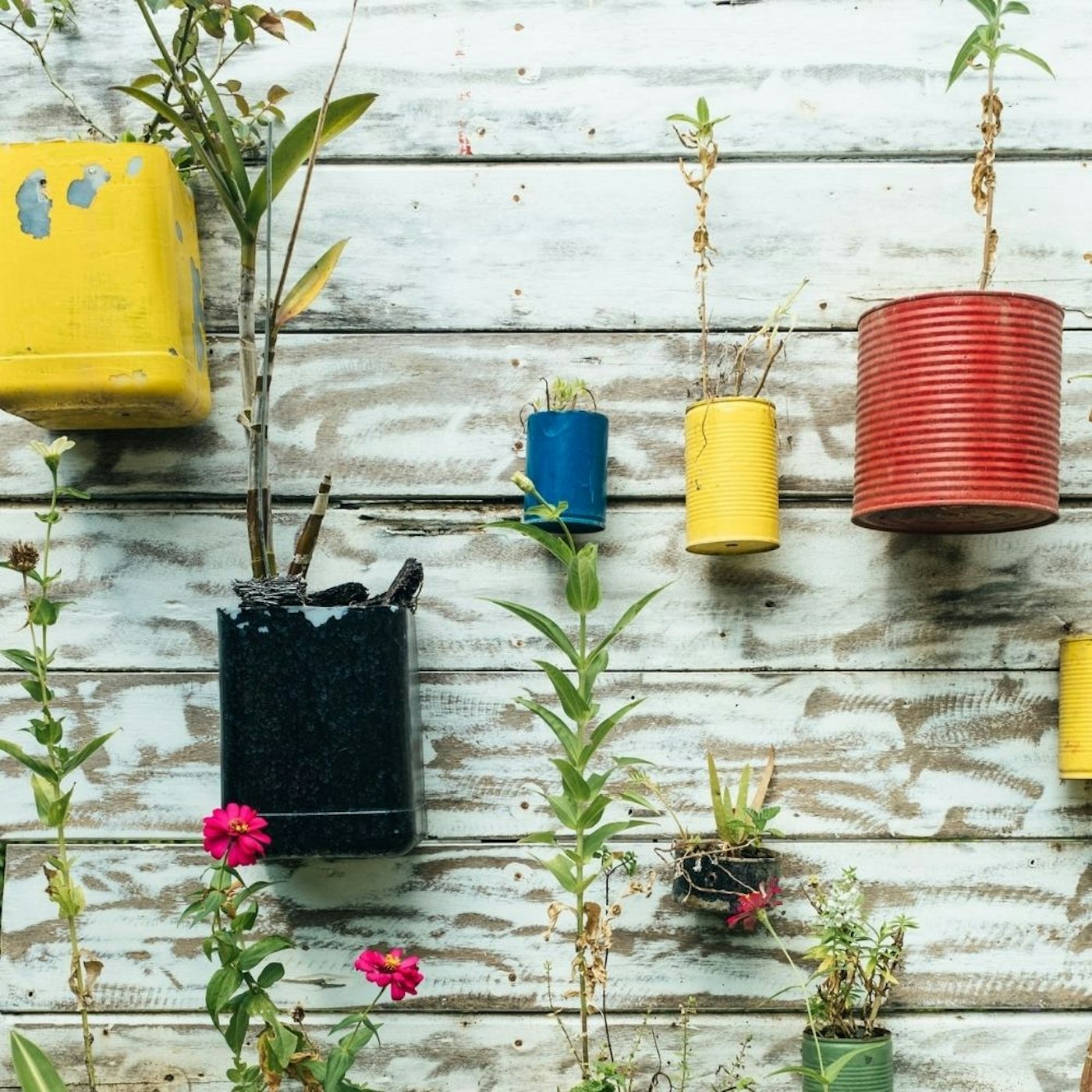
I love learning about our innate connection to nature, how we can benefit from it physically, mentally, and spiritually, and the power it holds to change our way of living. Being a second-generation Indian hijabi existing in the predominantly white field of Horticulture brings with it the double-edged sword of challenges and opportunities. As a grow-your-own advocate, what keeps me grounded is my desire to empower inner-city communities to become self-sufficient and reconnect them to growing and nature.
I am a Garden Designer and Horticulturist who has been working in the Horticulture industry for the past three years. Earlier this year, I graduated with a degree in Horticulture. Horticulture is a vast industry, but my passion lies in urban greening, eliminating food poverty, and making gardening accessible for all.
I have listed below some of my most formative reading with my top seven book recommendations which contain (I hope!) something that will get the green fingers itching in everyone!
https://www.instagram.com/p/CDDrVhoAfTD/
-
War Gardens by Lalage Snow
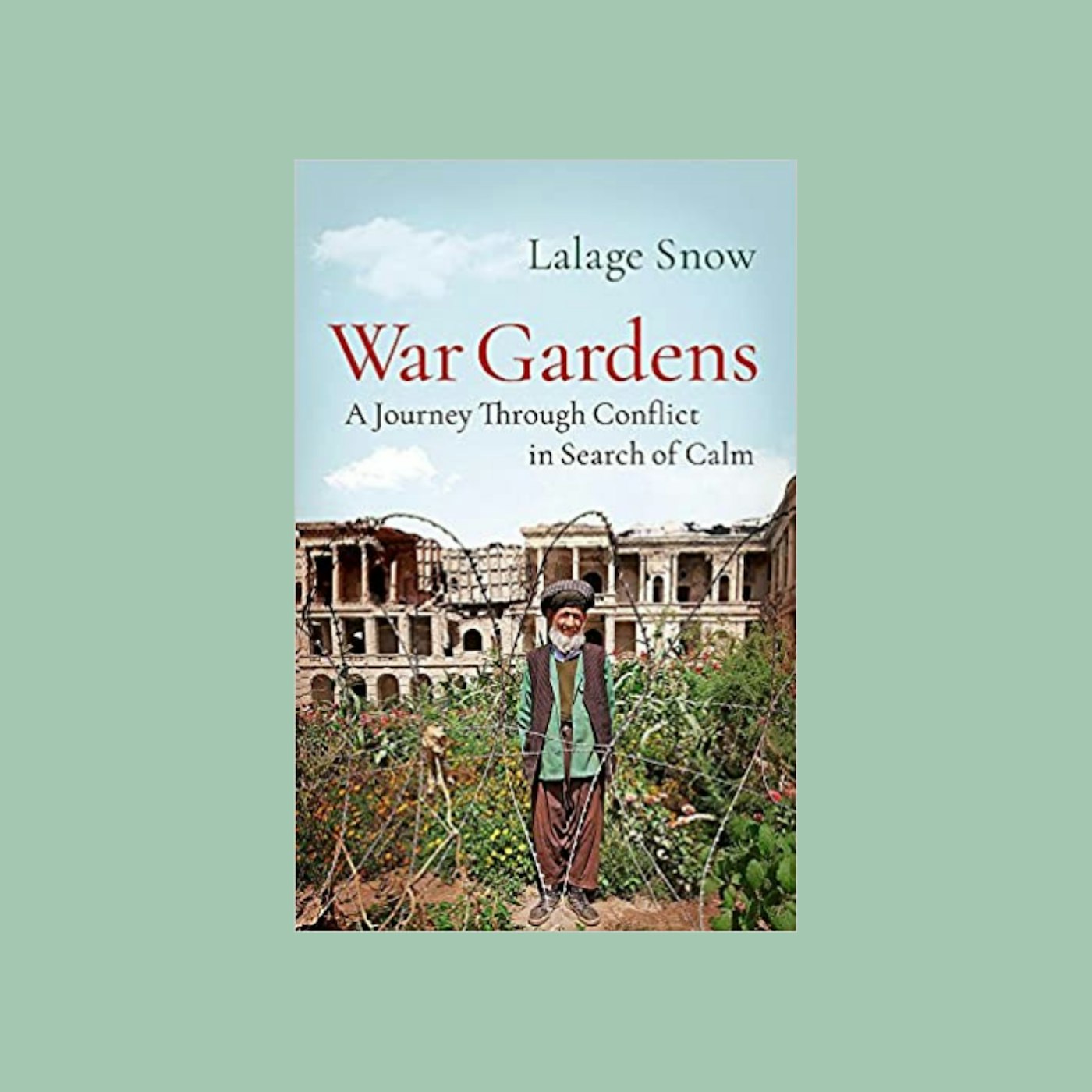
This book was on my wish list for a long time. Since starting my horticulture journey, I have been intrigued by the therapeutic side of horticulture and how green spaces affect people mentally and how they can help heal. This book is written by a freelance war correspondent and photojournalist and looks at how gardens are a source of refuge in war torn countries from Afghanistan to Gaza and the West Bank to Ukraine. It’s a heart wrenching read full of resilience and hope and lessons for all. Reading it and studying the photographs which bring the book alive has really helped me to appreciate the privilege of having my own garden where I can freely grow and nurture my plants.
2.Green Deen – Ibrahim Abdul-Matin
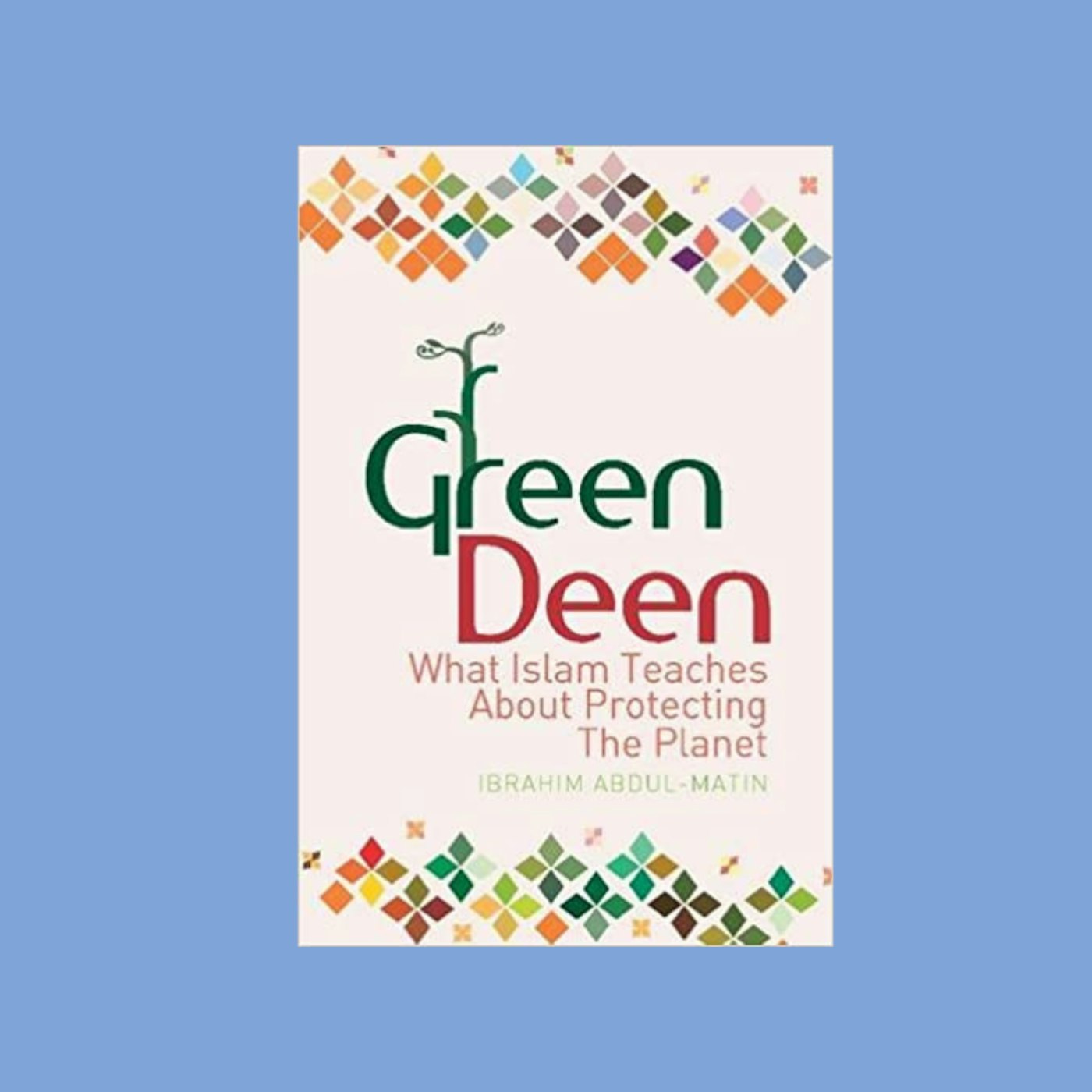
Reading this timely book has been so important for me to connect what I do with the universal principles of Islam. Sustainability and greener living play a big part in the way I want to live and the work that I do even before I started my horticulture journey. I was always aware of the overarching Islamic principles of moderation and the rejection of overconsumption and extravagance, however, Green Deen, really brings all of it together and offers compelling modern examples of how Muslims living in the west are positively contributing towards ending the environmental crises. This book has been eye-opening, inspiring and vital in educating me of the lifestyle of moderation and balance that Islam has always advocated for; and has helped me reframe and recentre sustainable living with Islamic principles at the forefront.
3.Science and Colonial Expansion by Lucile H. Brockway
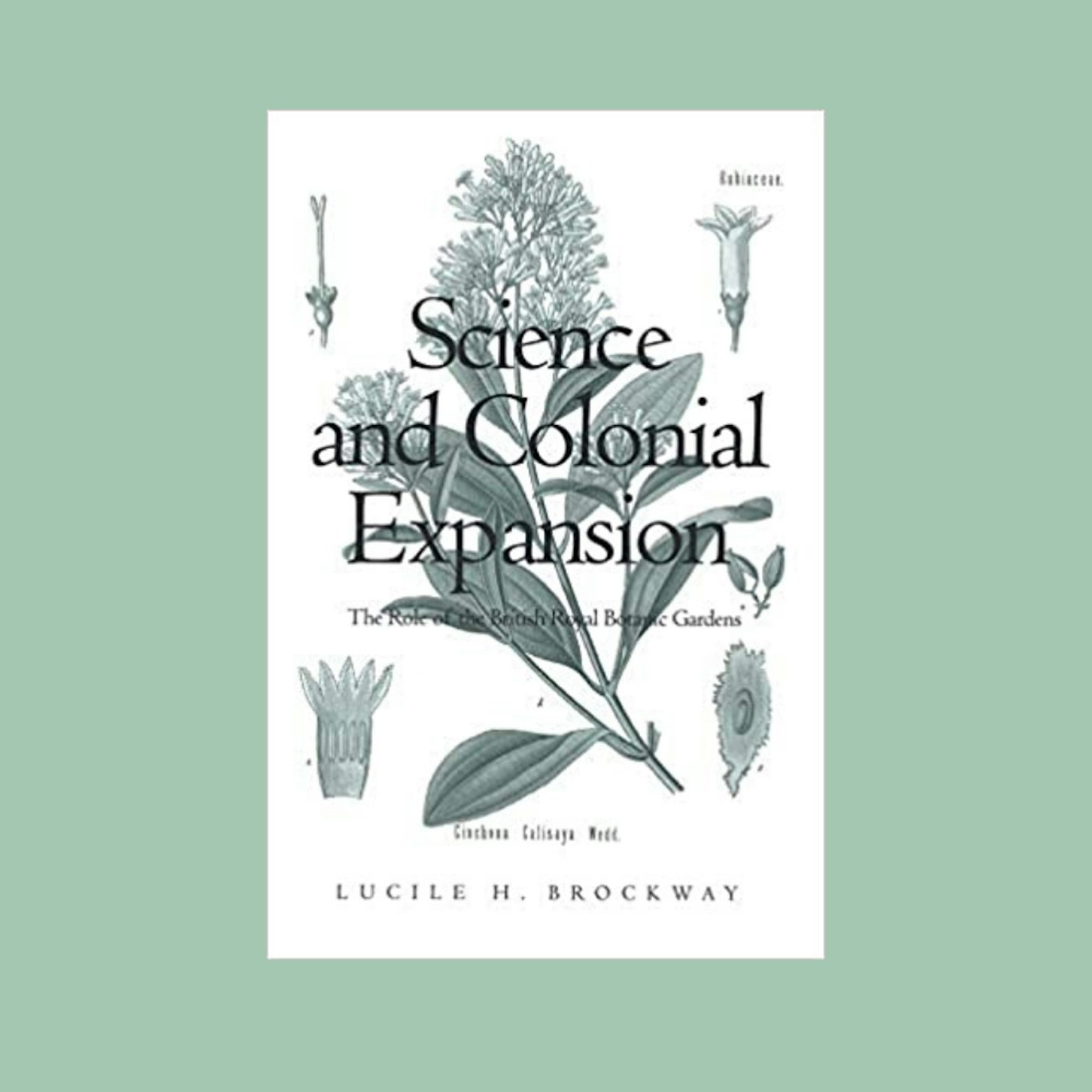
Colonialism in the world of botany is a topic that I have been grappling with for a long time. So many of our plants and the role of our coveted beverages: coffee, tea, and cocoa are so intertwined within the West’s colonial past. I feel that understanding these relationships and bringing them to the forefront is key to connecting ethnic minority communities to rekindling a deeply embedded connection to planting. In recent months, I have been trying to understand the significant role plants played in the colonisation of many countries by the British empire. Through Instagram accounts such as, @decolonisethegarden created by @temperategarden I have begun to further understand the true histories of our plants and the whitewashing that has occurred where their original names have been lost and native properties and uses being discarded and forgotten.
This book highlights how the British Empire transferred and developed useful economic plants like rubber to increase their economic prosperity and expansion. It has been an instrumental read and has also been very empowering in reframing my understanding of the origins of everyday plants. This book is perfect for anyone interested in learning more about the historical, social and political role of plants and the British botanic garden network within the British Empire.
4.What Plant Where? – The Royal Horticultural Society
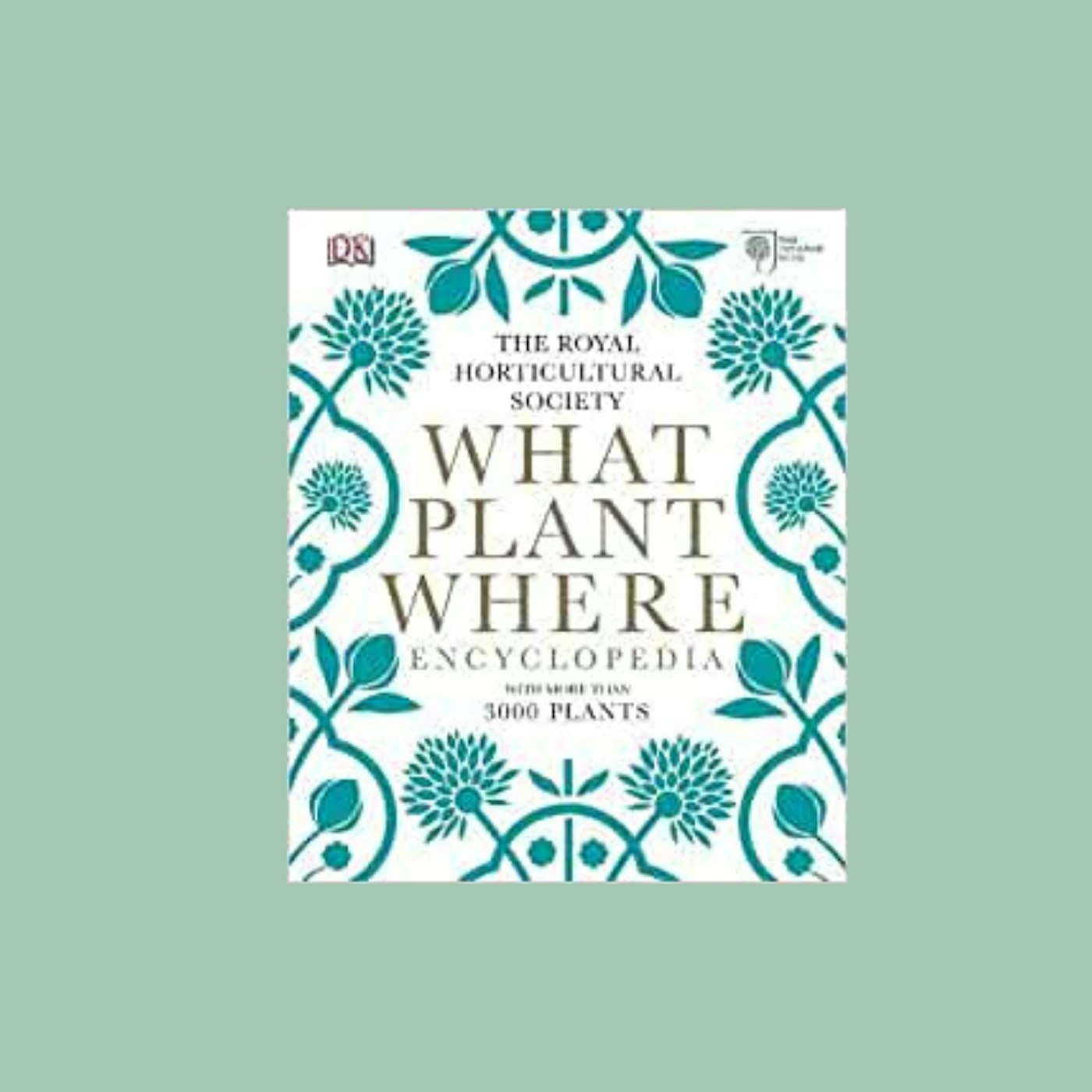
The key to creating a successful garden or border is putting the right plant in the right place. No matter how much you love a ‘shade-loving fern’, it won’t work in your all-day sunny south facing garden. This book really breaks it down and makes it all very easy and was a go-to reference guide for me whilst I was studying. If you are starting a garden project or thinking of gift ideas for a plant-loving friend – this tomb contains all the information you need. It covers plants suitable for different soil types, different positions, and different styles of gardens.
5.The Hidden Life of Trees – by Peter Wohlleben
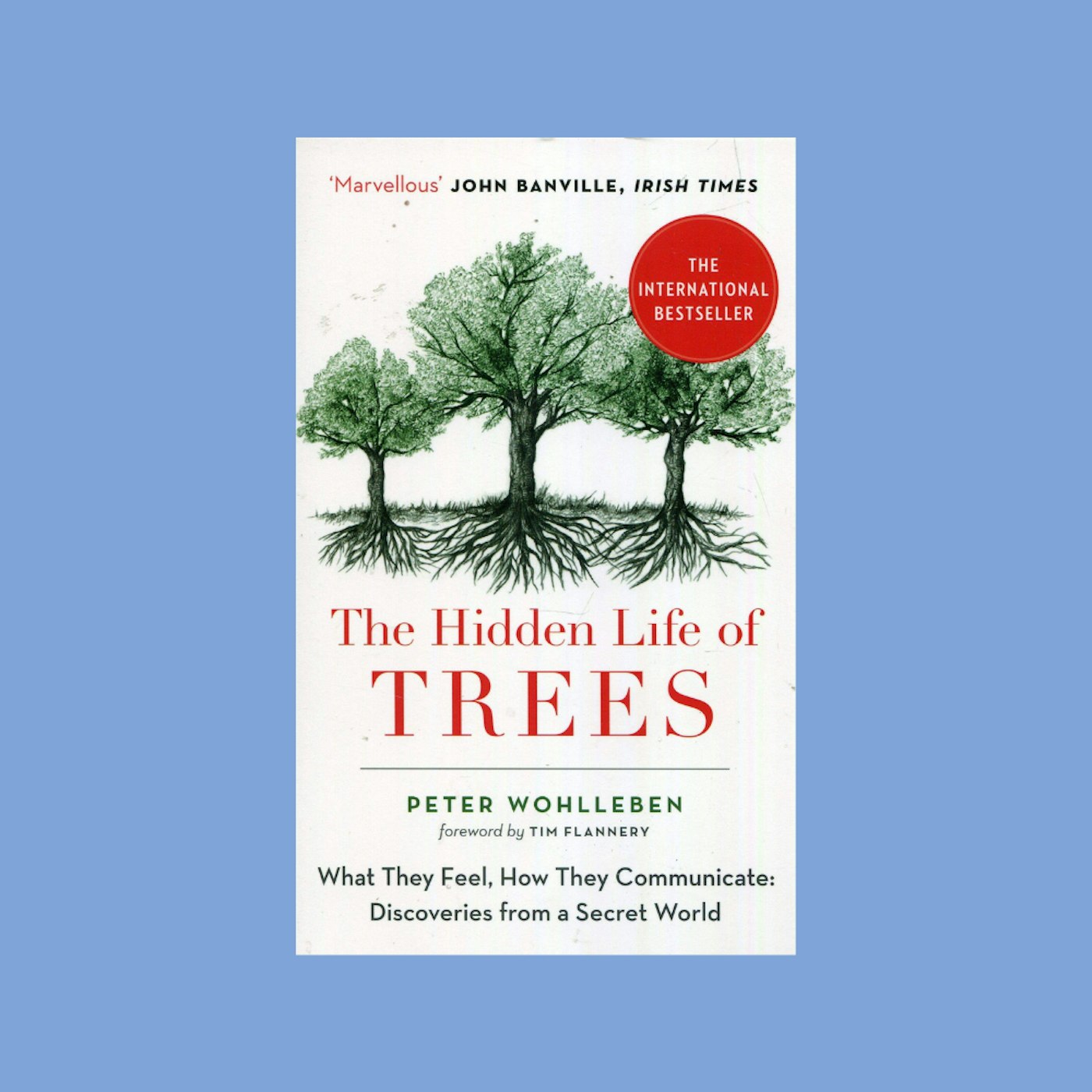
Trees are my favourite living organisms, they hold so much power and strength and are all so unique and versatile. This book blew my mind and opened my eyes to the awe-inspiring splendour of Allah’s creation. It explains how trees communicate and support each other; when threats are detected by one tree it releases chemicals warning other trees downwind and how a copse of trees keeps a tree stump alive by redirecting their water supply and nutrients to it from their own reserves! There is an incredible amount of beauty and lessons to be learned in nature and this book has really brought me closer to my faith and more passionate about conserving the natural spaces that we have.
6.Grow your own Vegetables by Joy Larkcom
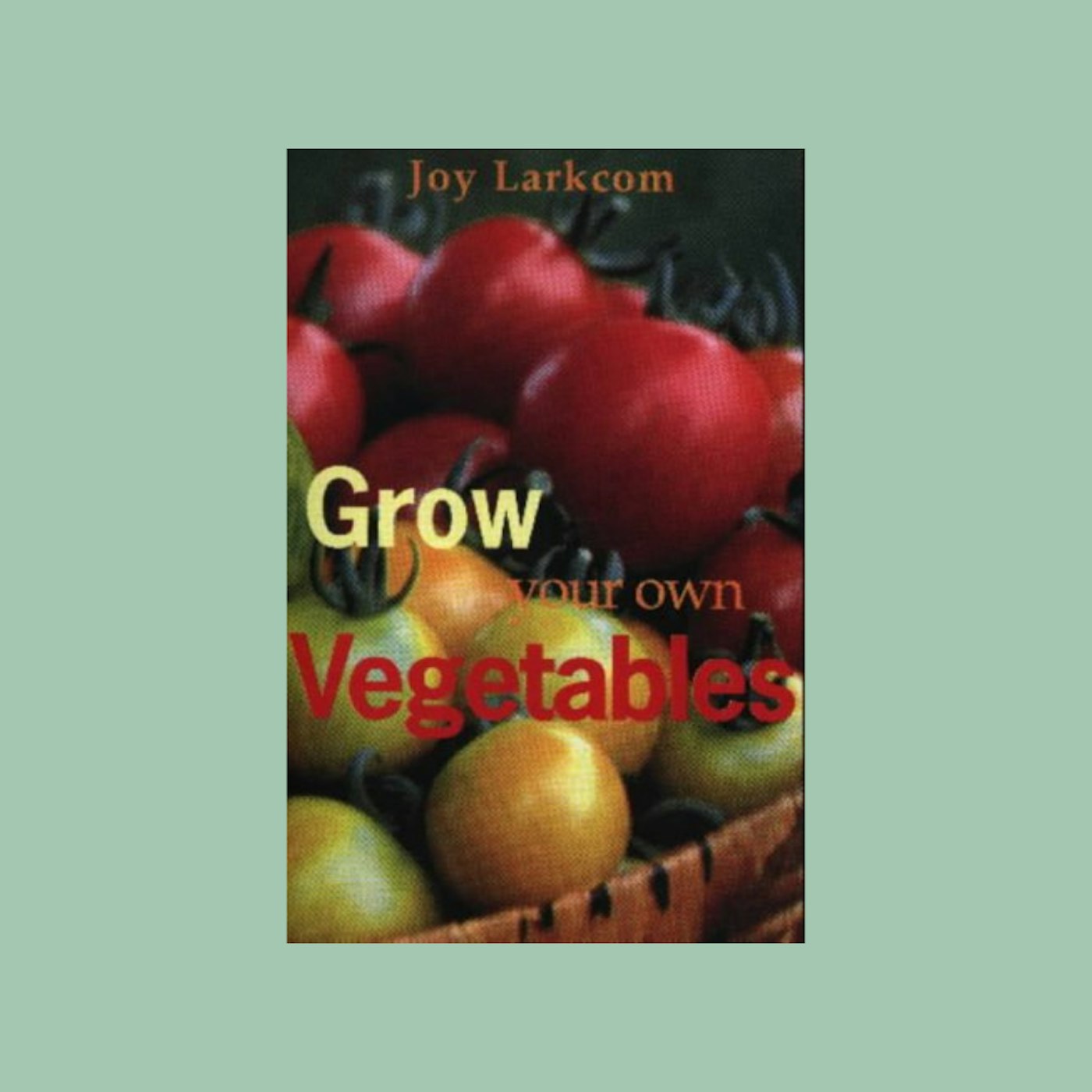
If you are new to growing or want a book that collates all of the key points and detailed hints and tips all in one place – this book is perfect. I love growing my own fruit and veg and have been for the past five years. I often get things right, but more often than not I get things wrong, but the key thing is that I am always learning. This book has been extremely handy, and I often still dip in and out of it. If you’re looking for a book with pretty pictures – this is not it. If you are serious about growing your own fruit and veg this book is the perfect start and is exquisitely thorough and jam-packed with plenty of practical advice. If you only buy one book on growing vegetables, get this one – I cannot recommend it enough.
7.The Thrifty Forager – Alys Fowler
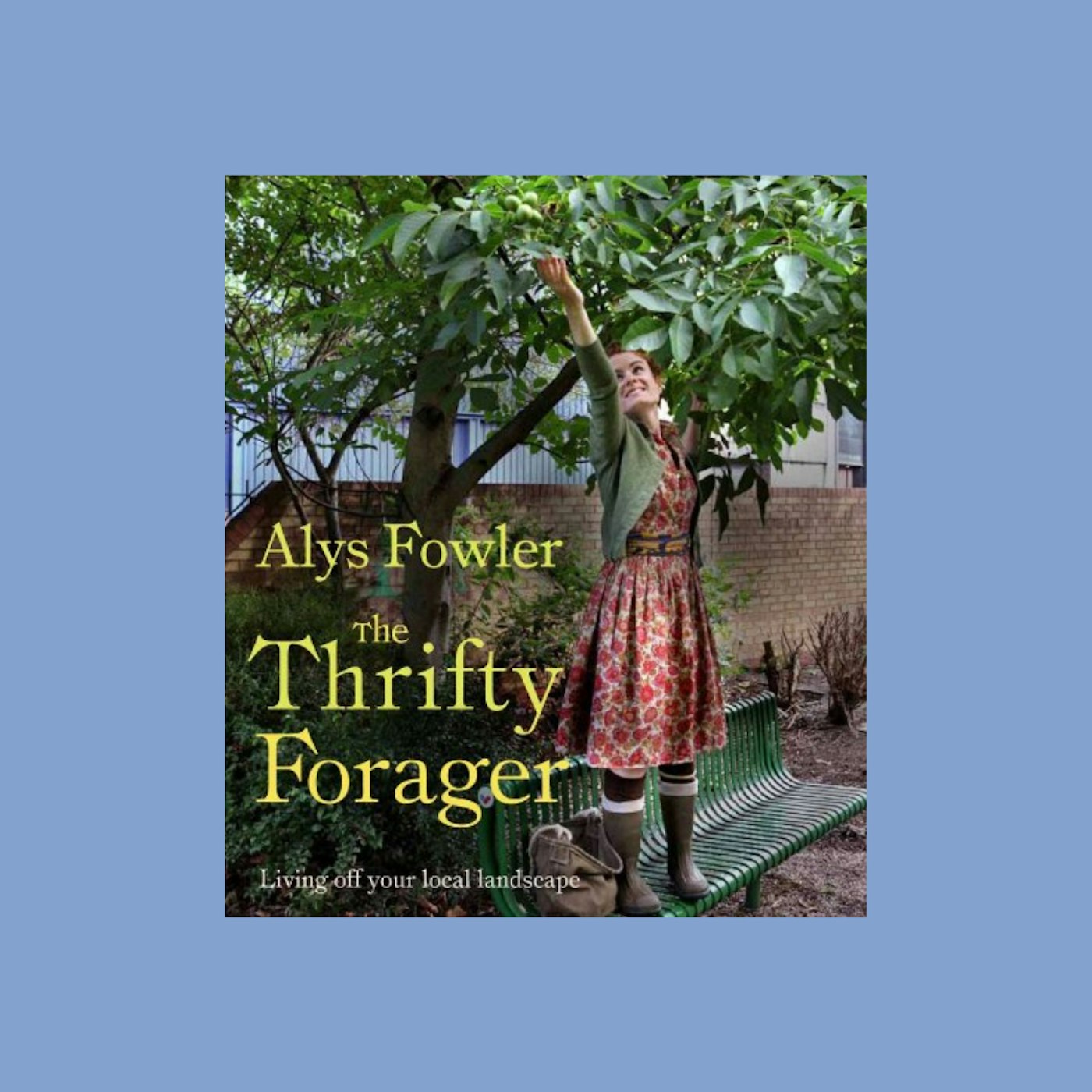
Foraging is a relatively new thing for me. I stuck with picking blackberries and occasionally if I was lucky some wild raspberries every summer, but I had never really ventured further. However, as my interest in food poverty and self-sufficiency grows, I have come across some great Instagram accounts like @poppyokotcha, who is a huge advocate for foraging. She has been sharing some great tips and recipes through her Instagram stories which have encouraged me to become more adventurous. So far, I have made elderberry and rosehip syrup for their medicinal benefits as well as sloe and apple cheese; all three were super easy to make and were delicious. Foraging really brings me the feeling of pure satisfaction and happiness of using nature’s provisions to create your own bountiful food all for free!
So, when I stumbled across this book at a local bookshop, I had to pick it up. It is a great book packed with lots of practical advice on foraging and plant identification tips as well as some tasty looking recipes. What I loved about it is that she shows you that you don’t have to travel far and wide but in fact, there are plenty of edibles very close by and it can be quite possible to live off your local landscape.
Hafsah Hafeji
BSc Horticulture. I am a Garden Designer and Horticulturist who has been working in the Horticulture industry for the past three years. IG: @hafsahhafeji